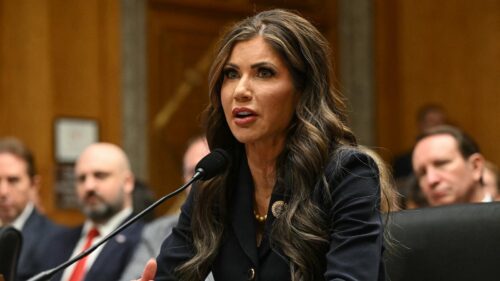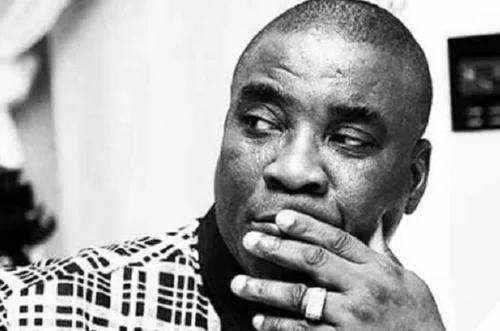BIG STORY
Vehicles In 12 States Will Run On Autogas This Year – FG

- /home/porsch10/public_html/wp-content/plugins/mvp-social-buttons/mvp-social-buttons.php on line 27
https://porscheclassy.com/wp-content/uploads/2022/01/NLNG-e1641812519722.jpg&description=Vehicles In 12 States Will Run On Autogas This Year – FG', 'pinterestShare', 'width=750,height=350'); return false;" title="Pin This Post">
- Share
- Tweet /home/porsch10/public_html/wp-content/plugins/mvp-social-buttons/mvp-social-buttons.php on line 69
https://porscheclassy.com/wp-content/uploads/2022/01/NLNG-e1641812519722.jpg&description=Vehicles In 12 States Will Run On Autogas This Year – FG', 'pinterestShare', 'width=750,height=350'); return false;" title="Pin This Post">
-

 BIG STORY3 days ago
BIG STORY3 days agoPolice Arrest 26-Year-Old Housewife For Faking Own Kidnap, Collects N2.5m Ransom From Husband In Lagos
-
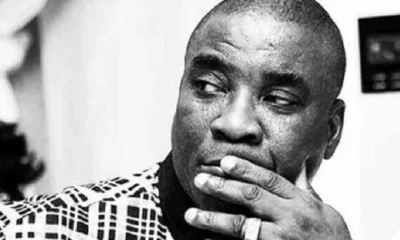
 BIG STORY2 days ago
BIG STORY2 days agoKWAM1 Loses Bid To Block Awujale Selection Process
-
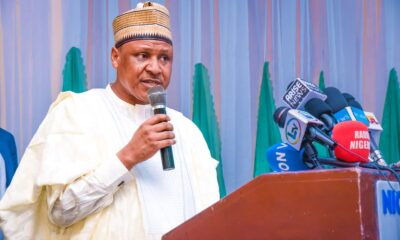
 BIG STORY2 days ago
BIG STORY2 days agoFG Officially Declares Kidnappers, Bandits As Terrorists
-

 BIG STORY2 days ago
BIG STORY2 days agoOnly Oyo Throne Can Confer Yorubaland Titles —– Alaafin
-

 BIG STORY2 days ago
BIG STORY2 days agoVisas Issued Before January 1, 2026, Remain Valid… US Assures Nigerians After Travel Restrictions
-

 NEWS2 days ago
NEWS2 days agoNigerians Are Not Having It: PayPal’s Quiet Comeback Bid Meets Fierce Resistance
-
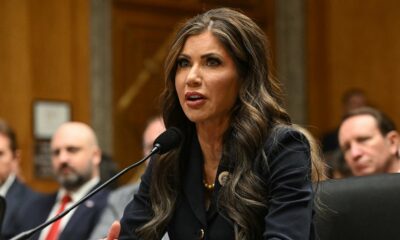
 BIG STORY2 days ago
BIG STORY2 days agoUS Launches $3,000 + Free Flight ‘Leave Voluntarily’ Immigration Plan
-

 BIG STORY1 day ago
BIG STORY1 day agoJUST IN: Super Eagles Receive National Honours, Housing, Land Documents Promised By Tinubu










